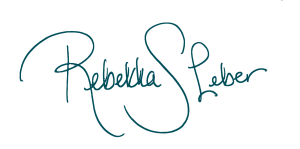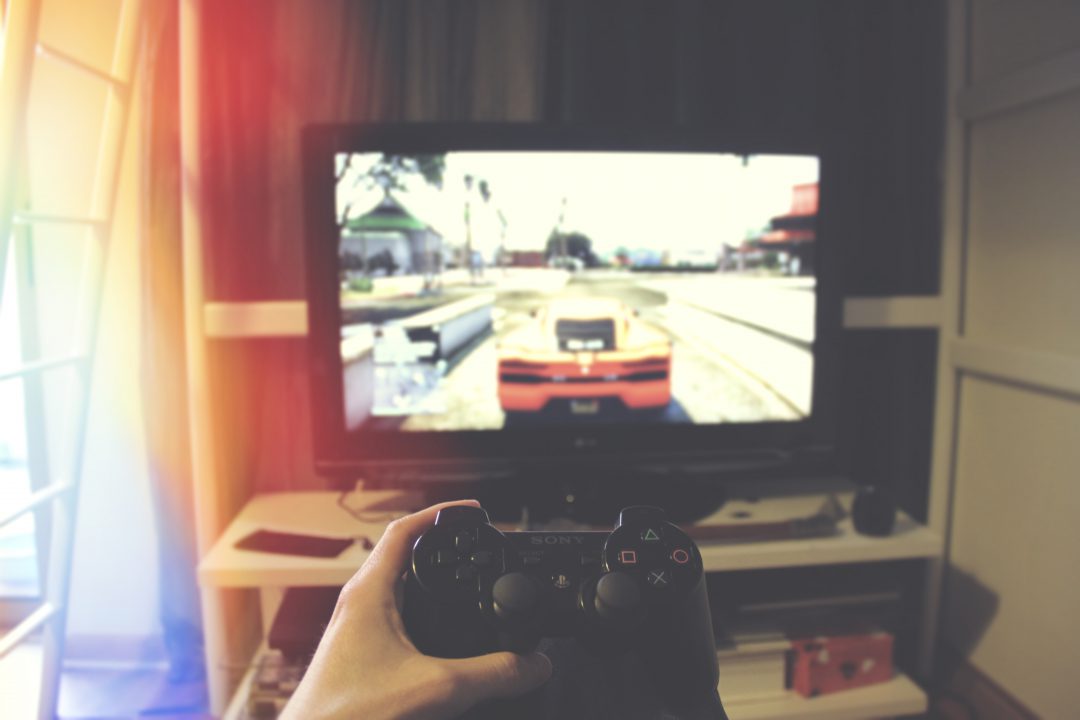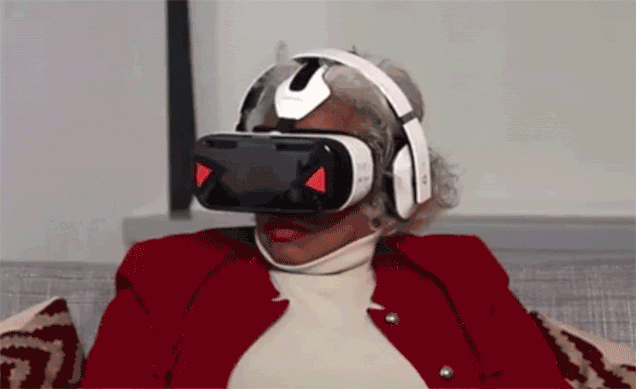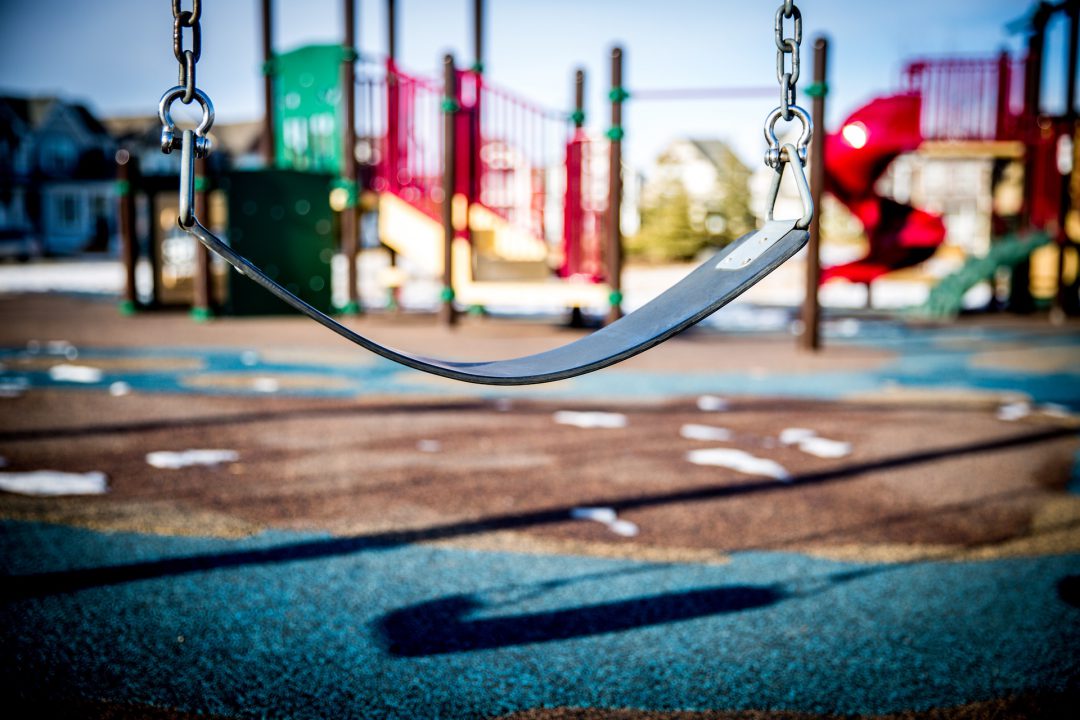A Rant from Sass:
It’s 10:26 am on Christmas Eve. My husband is currently working a sixteen hour overtime shift (at triple time – don’t feel bad for us. He signed up for it.), and I have the house all to myself. I don’t have anywhere to be until tomorrow. It’s cold, and the snow that started last night is still accumulating. I have a cozy little fire going in my wood burning stove and a piping hot cup of sweet, black tea steeping as I type. My cats are curled up at my feet. It’s literally a perfect day to write…
…so, why the hell don’t I want to write?
I’m a writer. You kind of have to do writing for that to work. But, meh… I just… whatever.
It’s not writer’s block. It’s not even writer’s embarrassment. I just look at my project, shrug my shoulders, and think Nope.
I have writer’s apathy.
I’m nine months shy of being a decade into my main writing project. I’ve fleshed out all the characters. I’ve outlined the entire story, the conflict, the character arcs, the twists, the turns, the reveals, and the resolution. I’ve written over 50,000 words of the chronological story, and who knows how much out of order.
The story is there. It’s ready to be completed. I love my characters, I’m happy with my style, I’m proud of the theme and message I want to resonate through the story…
…so, why can’t I finish this damn story?
Have I fallen out of love with the idea? Am I hitting the limits of my own creativity? Or, is it simply the manifestation of something I just can’t accept – maybe I am not really a writer at all. A creator, sure. I made an entire world. That happened, and it can’t be denied. But, am I trying to create my world in the wrong universe?
Am I sabotaging myself because I subconsciously fear I’ve invested ten years in a project that will have absolutely no significance?
The worst part isn’t the not writing. It’s the fact that everybody that reads what I have written loves it. My husband, my writer friends, my best friends, strangers who’ve read it on the few places I have posted it on the internet – I’ve had tons of positive feedback. They are desperate for more. They are begging me to finish. And, when they tell me this, I want to finish. I have hope I can. I believe I can… for about, like, a day. Then it’s straight back to excuses and apathy.
“If platitudes could be burned as creative energy to motivate my ass to complete this story, it would probably be a whole damn series by now.”
Most of the time, my writing dry spells have coincided with depression. On the reverse of that, my best writing periods have coincided with manic periods. But lately, when I sit down to put words on paper – despite knowing what I need to write, and how I want to write it – just feel lethargic. Creatively devoid. Bored, even.
So, why don’t I just walk away, you ask? Many reasons…
- I don’t often walk away from things I start – I’m too competitive, even with myself.
- I keep talking myself out it.
- The desire to have her own fandom is strong with this one.
- I know in my heart that someone out there needs this story as bad as I needed it when I started writing it.
“Your words are going to change someone’s life, even if it’s your own.”
My writer friends encourage me, giving me pep talks all the time.
“It’ll take as long as it takes.”
“I know you’re going to finish this story.”
“It’s a fantastic story that needs to be written. You’re going to do it, I promise.”
If platitudes could be burned as creative energy to motivate my ass to complete this story, it would probably be a whole damn series by now.
I wish I had answers. I wish I could peel back my consciousness and poke around inside it with a stick until I figured out why I am motivationally blocked. But, alas, no dice.
I’m just going to have to keep plugging away, working when I can, and trying not to feel like I’m made of excuses when I can’t. Writing is an art, not a science. It’s an act of creation. The pressure of manifesting something literally from nothing is overwhelming sometimes. It’s intimidating, especially when you add on the fact that you are second guessing your every move as you do it. Every writer wants to create something new, undiscovered, and original, because every writer needs to feel those things about themselves.
Writing is an act of affirmation.
As the often contested quote says, “Writing is easy. You just sit down at a typewriter, and bleed.” In other words, a writer pours everything out onto that page that makes them. They spill their essence across the page in a flow of words – their thoughts, their beliefs, their fears, their desires, their strengths, and their limitations. A writer leaves everything they are on the page, and waits for someone to love it. A writer perceives love through the admiration of their work, because if they can lay out their essence on a page, flaws and all, and still find someone who finds beauty, joy, revelation, and kinship in that mess, then they have truly been accepted for who they are.
That is terrifying and alluring, and the secret desire of every writer. They want someone to read them like their book, and say “I love this exactly as it is. Never change a thing.”
Dear merciful universe, I will finish this book. I don’t know how long it will take, or how I will find the momentum, but I will do it for one simple reason: Finishing this book will say more about me than anything I undertake for the rest of my life. It’s become a metaphor for my entire life struggle.
“Am I sabotaging myself because I subconsciously fear I’ve invested ten years in a project that will have absolutely no significance?”
I am not good enough. I will never be accepted. Nobody gets me. What’s the point in trying?
My story is not good enough. It will never be accepted by the mainstream. Nobody will get it. What’s the point in writing it?
Because it already exists. I exist. I think, therefore, I am, right? Saying this story isn’t worth writing is like saying my life is not worth fighting for anymore. It’s creative suicide. As long as people want it, I know it has worth… and, as long as I know I can write it, I too have worth.
I have to find the courage, conviction, and fortitude to keep writing. I have to tell my story as it is, without hesitation. I have to keep writing, living, bleeding out, otherwise… what is the point?
Writing is scary because it is the most honest thing you can do to accept yourself. Don’t give up. Keep fighting, even when it hurts, even when hope seems lost. It’s worth it. You’re worth it. Your words are going to change someone’s life, even if it’s your own.
Write on young savior,







